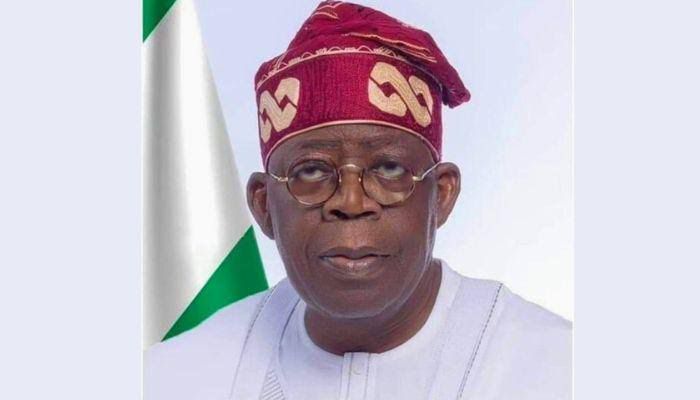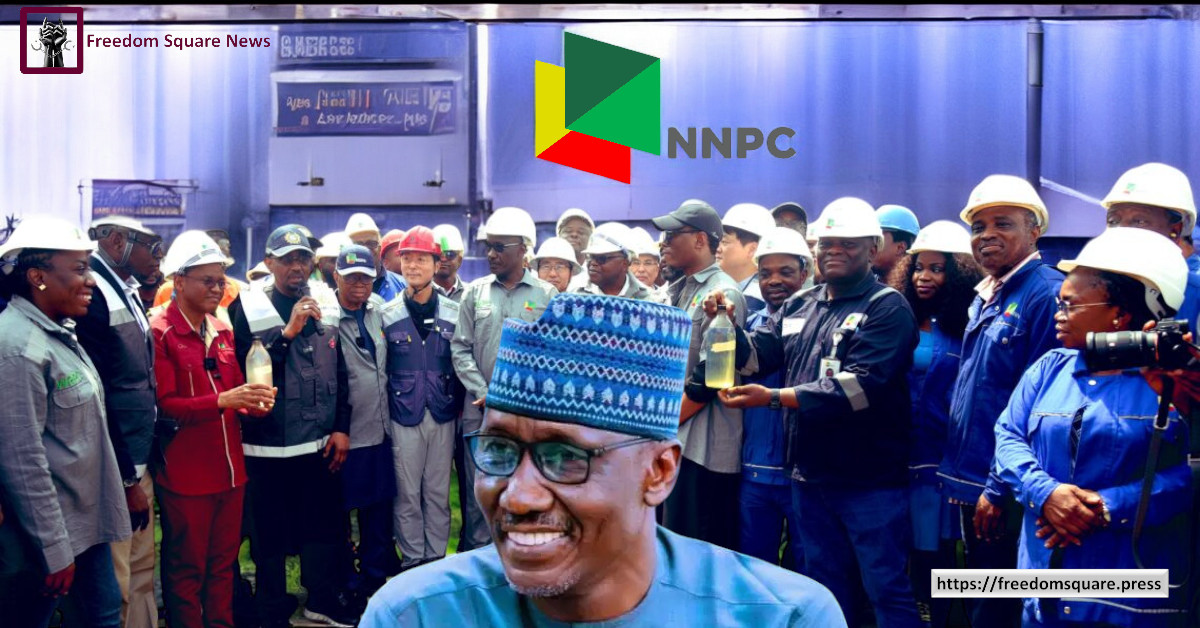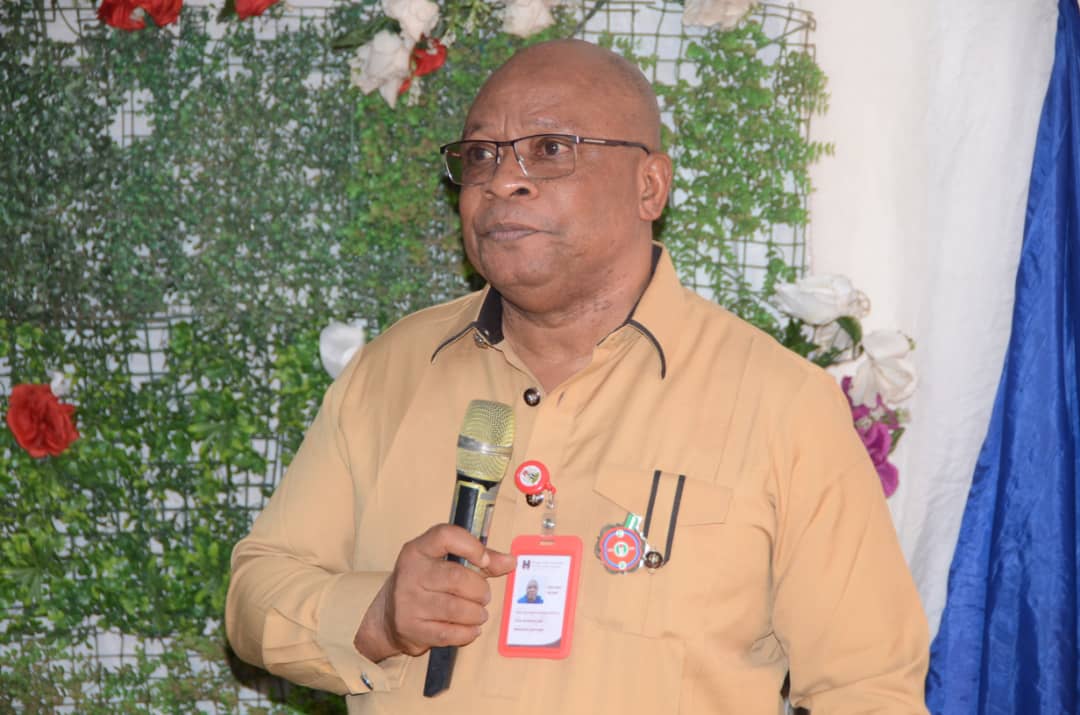On the 31st of July, 2023, President Bola Tinubu delivered a 41-paragraph nationwide broadcast, addressing the pressing economic challenges faced by Nigerians. The speech was marked by a clear focus on implementing policy measures to effectively tackle these issues.
One significant highlight of the address was the decision to end the fuel subsidy. President Tinubu provided a comprehensive explanation, pointing out how this subsidy had become a burden on the economy, benefiting only a select group of individuals. The move was seen as essential to pave the way for sustainable economic growth.
Another crucial aspect emphasized in the speech was the removal of the multiple exchange rate system. This step was considered vital in preventing currency speculation and fostering fair economic growth. By streamlining the exchange rate mechanism, the government aims to promote stability and encourage investor confidence.
To mitigate the impact of the economic situation on the populace, the government is actively implementing various interventions to support businesses, the working class, and the most vulnerable citizens. This commitment highlights the administration’s determination to protect the welfare of the people amidst prevailing economic hardships.
President Tinubu’s address also touched on the signing of Executive Orders to address unfavorable fiscal policies and multiple taxes that impede the business environment. These measures are designed to create favorable conditions and opportunities for manufacturing enterprises, fostering economic growth.
Furthermore, the government is investing in the manufacturing sector by providing funding to 75 enterprises with high potential. This initiative aims to stimulate sustainable economic growth and enhance productivity in the sector.
Special attention is being given to the support of micro, small, and medium-sized enterprises (MSMEs), as well as the informal sector. Dedicated funds are allocated to nano businesses and start-ups to nurture their growth and contribute to economic development.
Ensuring the stability of food prices is a priority, and strategic reserves of grains will be made available to households. Additionally, the government is prioritizing support for agriculture, including farmland cultivation, to bolster the agricultural sector.
To enhance critical areas of infrastructure, the government is introducing an Infrastructure Support Fund for states to invest in healthcare and educational infrastructure upgrades.
The government’s commitment to improving public transportation is evident through the provision of CNG-fueled buses. In collaboration with labor unions, the government is also working towards introducing a new national minimum wage for workers.
Overall, President Tinubu’s address outlined a comprehensive plan to address the economic challenges and pave the way for a resilient and prosperous future for Nigerians. The proposed measures indicate a strong determination to steer the nation towards sustainable economic growth and well-being for all citizens.




